Podcast: Play in new window | Download (Duration: 33:59 — 23.5MB) | Embed
Subscribe: Apple Podcasts | Spotify | Amazon Music | Android | Pandora | iHeartRadio | JioSaavn | Podchaser | Gaana | Podcast Index | Email | TuneIn | Deezer | Anghami | RSS | More

Sr. Mary Ann Fatula, O.P. – Drawing Close to the Holy Spirit on Inside the Pages with Kris McGregor
Sr. Mary Ann Fatula discusses her book Drawing Close to the Holy Spirit: Keys to a Transformed Life and a Joyful Heart with host Kris McGregor. They explore the central theme of the book: the profound impact of developing a close relationship with the Holy Spirit on leading a joyful and transformed life. Sr. Mary Ann emphasizes that true joy and the foretaste of heaven on earth are impossible without the Holy Spirit, who is the giver of joy and love.
They discuss how various saints, including St. John Henry Newman and St. Angela of Foligno, have spoken about their experiences with the Holy Spirit. Sr. Mary Ann shares insights from her book about how the Holy Spirit acts in our lives, citing examples from the saints and church teachings to illustrate the transformative power of the Holy Spirit.
Sr. Mary Ann highlights the importance of understanding the Holy Spirit as a person and using personal and intimate language in prayer to foster this relationship. The role of the Holy Spirit in the sacraments of baptism and confirmation, explains how these sacraments deeply connect us with the Holy Spirit and the entire Holy Trinity.
Sr. Mary Ann encourages listeners to invite the Holy Spirit into their lives, asking for His joy, peace, and love, and trusting in His guidance and strength.
 You can find this book here.
You can find this book here.
Discerning Hearts Reflection Questions
- Personal Relationship with the Holy Spirit: How can you deepen your personal relationship with the Holy Spirit in your daily life?
- Joy and Transformation: In what ways has your relationship with the Holy Spirit brought joy and transformation to your life?
- Influence of the Saints: Which saints’ experiences with the Holy Spirit resonate most with you and why?
- Prayer and Intimacy: What intimate and personal language can you use in your prayers to the Holy Spirit?
- Sacramental Understanding: How does understanding your baptism and confirmation deepen your connection with the Holy Spirit?
- Love as the Foundation: How can you prioritize asking for the gift of love from the Holy Spirit before seeking other gifts?
- Daily Surrender: How can you incorporate a daily surrender to the Holy Spirit in your routine?
- Overcoming Anxiety: How can a closer relationship with the Holy Spirit help you manage anxiety and troubles?
- Inspiration from Our Lady: How does the example of the Blessed Virgin Mary inspire your relationship with the Holy Spirit?
- Sharing the Holy Spirit’s Love: How can you spread the kindness and love of the Holy Spirit to others in your life?
From the book description
“Regardless of our past, or the trials afflicting us now or those we may face in the future, when we draw near to the Holy Spirit, our lives change for the better. Closeness with the Holy Spirit is the “secret” of holiness and happiness.
In this short yet penetrating work, Sr. Mary Ann Fatula reflects on how tenderly and powerfully the Holy Spirit offers us the precious gift of intimacy with Himself. Through the graces of our Baptism and Confirmation, the Holy Spirit― the Third Divine Person who is the Father’s and Son’s sublime Love for Each other ― gives Himself to us to be our “Beloved,” our mighty Healer, our intimate Friend and Consoler, our constant Companion and Strength, our gentle Teacher and Guide.
Every page of this exquisite book will speak to your heart. Using the Church’s hymns and prayers, you will learn to pray to the Holy Spirit with love and tenderness, entrusting Him with your every concern, and inviting Him to possess you and anoint your every breath and moment of your life.
The saints show us how the Holy Spirit truly is our fierce “Protector” who loves us and “fights” powerfully for us. When we are weighed down with problems and worries, when we long for more joy and serenity, the Holy Spirit invites us to draw close to Him and let Him do for us what we cannot do ourselves.
It is the Holy Spirit who lifts us up when we are discouraged and fills us with His comfort and peace when we are sad and lonely. The Holy Spirit is the One who deepens our intimacy with the Father and the Son, and who gives us a heart full of empathy for others.
Drawing Close to the Holy Spirit invites you to taste the sweetness of the Holy Spirit and savor in your own life the wonders He accomplishes in those who draw close to Him.”

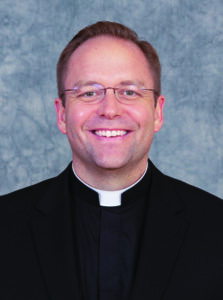

 A Sister of St. Thérèse: Servant of God, Léonie Martin – Bearer of Hope with Fr. Timothy Gallagher – Episode 11
A Sister of St. Thérèse: Servant of God, Léonie Martin – Bearer of Hope with Fr. Timothy Gallagher – Episode 11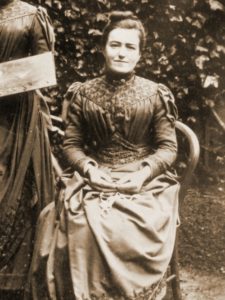 In this episode, after the death of her sister Thérèse and inspired by her witness and teachings. Léonie attempts for a fourth time to enter into religious life.
In this episode, after the death of her sister Thérèse and inspired by her witness and teachings. Léonie attempts for a fourth time to enter into religious life.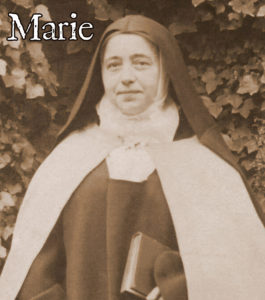
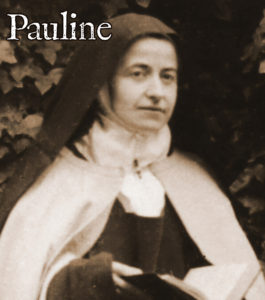


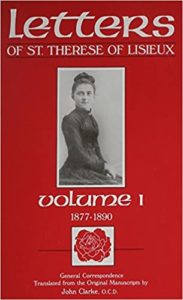





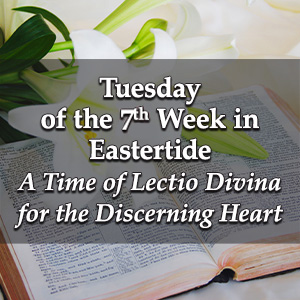 Tuesday of the Seventh Week of Eastertide – A Time of Lectio Divina for the Discerning Heart Podcast
Tuesday of the Seventh Week of Eastertide – A Time of Lectio Divina for the Discerning Heart Podcast

 Second Mode of Discernment – “What am I to do?” The Discernment of God’s Will in Everyday Decisions with Fr. Timothy Gallagher
Second Mode of Discernment – “What am I to do?” The Discernment of God’s Will in Everyday Decisions with Fr. Timothy Gallagher Discerning Hearts Reflection Questions:
Discerning Hearts Reflection Questions: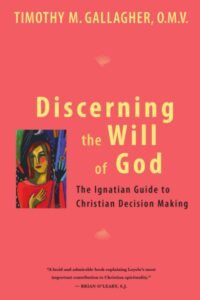
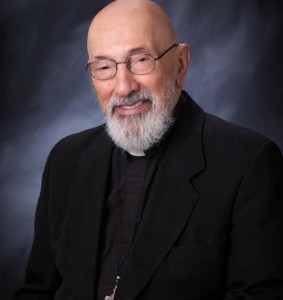
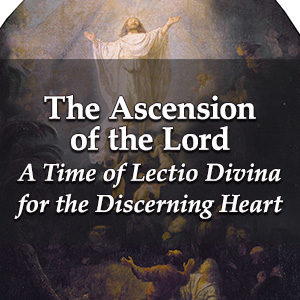 The Ascension of the Lord – A Time of Lectio Divina for the Discerning Heart Podcast
The Ascension of the Lord – A Time of Lectio Divina for the Discerning Heart Podcast